3,000-year-old Saka settlement discovered in Kazakhstan.
At the start of the 2019 archaeological season, Kazakhstani researcher Zeynolla Samashev discovered an ancient Saka settlement of the final Bronze Age and early Iron Age near the historical complex Akbaur, located some two kilometres west of Kazakhstan’s capital Nur-Sultan, local news sources reported.
The Saka were among the Scythian tribes that historically inhabited the territories of Central Asia, South Caucasus, Afghanistan and modern-day India and widely believed to have had an exclusively nomadic economy and social structure.
“In the first layer we discovered numerous artifacts, including millstones for grinding wheat, thousands of ceramic fragments, spindle whorls and bones of horses, sheep and goats, all of which clearly indicate the complex nature of the economy of the people who lived here,” said the Kazakhstani archaeologist Zeynolla Samashev, who led the excavation team.
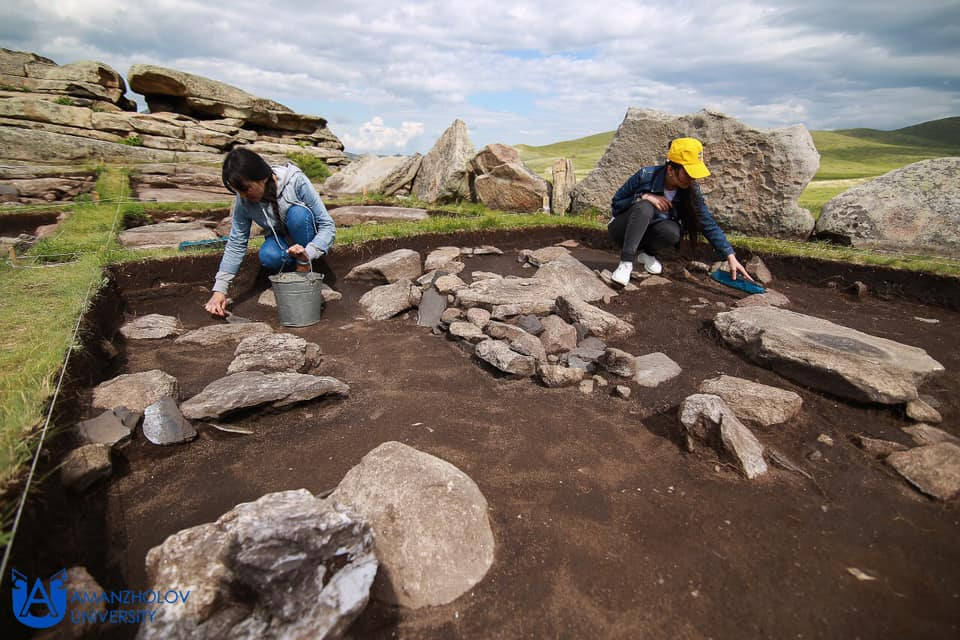
According to Samashev the finds date to between the 11th and 9th centuries BC, and reveal that the early Saka of the region were sedentary, and had developed agriculture, cattle breeding, metallurgy and crafts.
Nikolai Bokovenko, a senior researcher in the Archaeology Department of the State Institute of the History of Material Culture of the Russian Academy of Sciences from St. Petersburg, agrees with these conclusions.
“A very important scientific discovery has been made at the settlement of Akbaur-1,” he said. "This is the first time that an early Saka settlement has been found in the territory of East Kazakhstan. This is confirmed by the numerous finds of things characteristic of both cattle-breeding and agricultural farms."
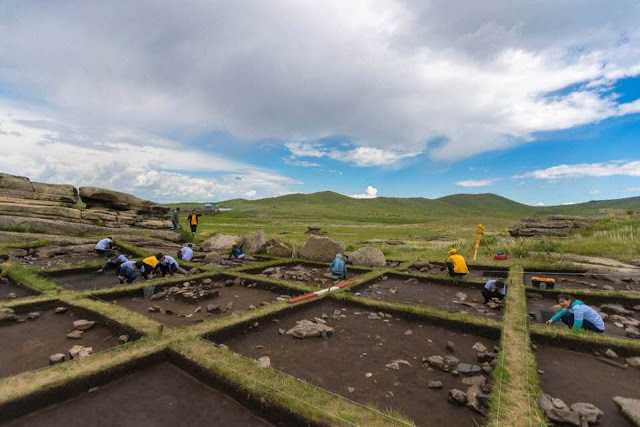
The excavations will be continued next year when archaeologists from Turkey and Azerbaijan will join the dig. Scientists will determine the status of various sites located in the area of Akbaur, classify and date them.
Meanwhile The artifacts found will be sent to special laboratories for complex analysis, and then stored in the regional museum.
Source: YK-News [June 14, 2019]

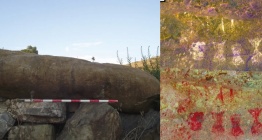
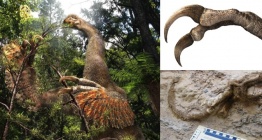





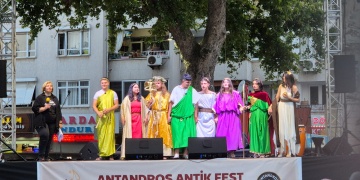 Arkeoloji, Mitoloji ve Eğlence rüzgarları estiren Antandros Antik Fest sona erdi
Arkeoloji, Mitoloji ve Eğlence rüzgarları estiren Antandros Antik Fest sona erdi 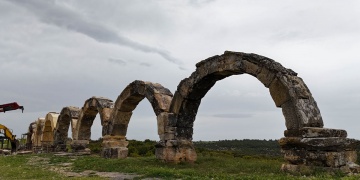 Blaundos Antik Kenti'ndeki 8 su kemeri restore edildi
Blaundos Antik Kenti'ndeki 8 su kemeri restore edildi 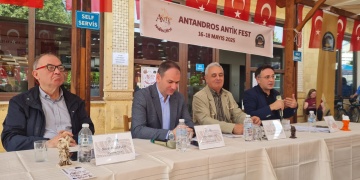 Antandros Antik Fest ile Balıkesir'de Tarih Canlanıyor!
Antandros Antik Fest ile Balıkesir'de Tarih Canlanıyor! 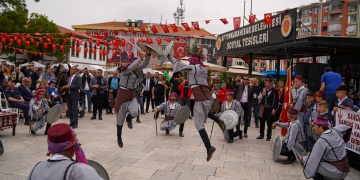 Afyon'un Kalbi, keçeden kuklaya, ebrudan oyuncağa Yaşayan Miras Festivali ile atıyor
Afyon'un Kalbi, keçeden kuklaya, ebrudan oyuncağa Yaşayan Miras Festivali ile atıyor 




